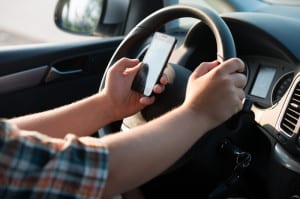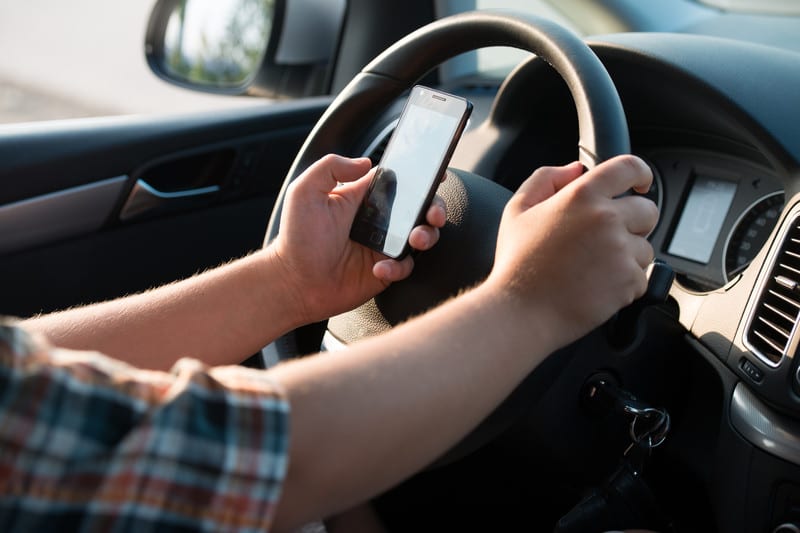 Field service techs spend a lot of time on the road, which means driver safety is an especially big issue for their employers. So what if techs, instead of manually texting from behind the wheel, could text through voice-activated services like Apple’s Siri or Google’s Vlingo instead? Sound too good to be true?
Field service techs spend a lot of time on the road, which means driver safety is an especially big issue for their employers. So what if techs, instead of manually texting from behind the wheel, could text through voice-activated services like Apple’s Siri or Google’s Vlingo instead? Sound too good to be true?
It probably is. That, at least, is the takeaway from in a new study that claims hands-free texting is just as distracting to drivers as manual texting. David Pogue, a journalist best known for his New York Times column on personal tech, last week dissected the study by Texas A&M’s Transportation Institute on Scientific American’s website.
Hands vs. Voice: No Difference in Safety
Participants, wrote Pogue, navigated a driving course while performing a series of both manual and voice-activated texting exercises. Whether they were texting by voice or hand, they took twice as long to react to roadway hazards. “Weirder yet,” writes Pogue, “the study found ‘eye gazes to the forward roadway also significantly decreased…no matter which texting method was used.'” Translation: whether they were tapping texts manually or by voice, drivers weren’t looking where they were going.
Siri’s Mistakes: An Added Risk
Compounding the problem is the state of voice-activated texting technology today. “Today’s cell phone voice-to-text software makes plenty of mistranscriptions,” writes Pogue. Though study participants were told to send their texts without checking them first for typos, one Texas A&M researcher told Pogue that many subjects said they would verify for inaccuracies before sending “in real life.”
Voice-Activated Texting: Worth It?
It may be too soon to tell. The study’s authors note that a lack of experience with voice-activated texting could account for equal levels of distracted driving and suggest that additional research could show improved concentration as drivers grow accustomed to using voice-activating texts.
Until then, voice-activated text poses a safety risk for drivers, concludes Pogue. “We already knew that hands-free phone conversations are just as dangerous as hands-on,” writes Pogue, “And now we know the same thing about texting by voice.”
For field service techs, the ideal solution to communicating while on the road may be far off.


Share this: